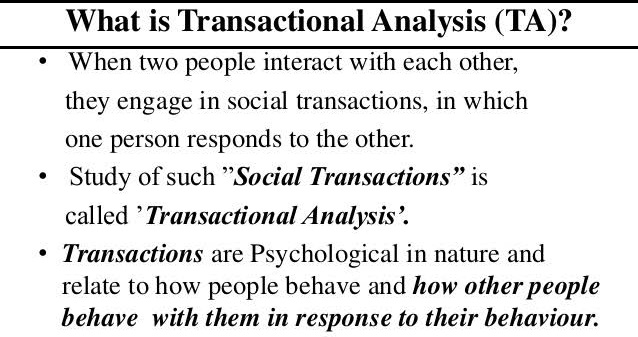Alternative Therapies
- Alternative Medicine
- Access Bars
- Access Body Processes
- Access Consciousness
- Access Energetic Faclift
- Acupressure
- Acupuncture
- Angel Healing
- Aromatherapy
- Aura Reading
- Ayurveda
- Bach Flower Remedies
- Blueprint Numerology
- Breathwork
- Cosmetic Acupuncture
- Crystal Healing
- Cupping Therapy
- Emotional Freedom Technique (EFT)
- Energy Healing
- Energy Medicine
- Ergonomics
- Family Constellation
- Face Reading
- Fengshui
- Heal Your Life
- Holistic Solutions
- Holy Fire Reiki
- Jikiden Reiki
- Jin Shin Jyutsu
- Karuna Reiki
- Karmic Healing
- Homeopathy
- Ho'oponopono
- Humkara with Haleem
- Humkara with Haleem
- Hypnotherapy
- Lama Fera
- Light Language Healing
- Law of Attraction
- Lecher Antenna
- Manual Therapy
- Meditation
- Twin Hearts Meditation
- Melchizedek Method
- Merlin Trinity Healing
- Merkaba Healing
- Money Reiki
- Motivational Counseling
- Mudra Healing
- Nakshatra Energies
- Naturopathy
- Neuro Linguistic Programming (NLP)
- Numerology
- Oracle Cards
- Panchakarma (Ayurveda)
- Past Life Regression
- Pendulum Dowsing
- Physiotherapy
- Pranic Healing
- Pythagorean Numerology
- Pyramids
- Reiki
- Rudraksh
- Runes
- Soul Plan Reading
- Sound Healing
- Star Magic Healing
- Space Clearing
- Silva Mind Control Method
- Tarot
- Tera MaiTM Seichem
- Tea Leaf Reading
- Theta Healing
- Twin Flame Healing
- Unani Medicine
- Yoga
- Wicca
- Womb Healing
Astro Solutions
General Wellness
- Beauty Clinics
- Behavioural Disorders
- Career Counselling
- Catering
- Child Care
- Cosmetic Dentistry
- Cosmetic Surgery
- Deaddiction
- Dental Care
- Diabetes
- Eye Care
- Fashion
- Fitness
- Hair Treatment
- Health foods
- Health Insurance
- Health Spas & Resorts
- Home Decor
- Infertility
- Lifestyle Management
- Obesity Management
- Parenting
- Personality Development
- Sexual Health
- Skin Care Solutions
- Sports Injury
- Wellness Vacations
- Womens Health
Transactional Analysis in Hyderabad
Ms. Rooshi Hashmi

Rooshi Hashmi is an Access Bars, Access Facelift, Body Process Facilitator, Body Whispering, the energies of ESB, COP, Symphony of Possibilities, Body Process like MTVSS, Vision Correction and Ease Off Pain, EMT - Energetic Manual Therapy), Happy Mouth and Sound Healing.

Dr. Karuna Kapil

Dr. Karuna Kapil is a dentist turned change facilitator. She is trained in Crystals, Tarot, Angel Healing, Reiki, Numerology, Neuro Linguistic Programming, Breakthrough Coaching, Access Bars®, Access Body Processes...

TRANSACTIONAL ANALYSIS

"The eternal problem of the human being is how to structure his/her waking hours" Eric Berne, Games People Play
Transactional analysis, commonly known as "TA" to its adherents, is an integrative approach to the theory of psychology and psychotherapy. It is described as integrative because it has elements of psychoanalytic, humanist and cognitive approaches.
TA was developed by Canadian-born US psychiatrist Eric Berne during the late 1950s. TA is designed to increase the communication effectiveness of individuals: just as we can make a financial transaction, TA examines the social transactions we make with one another on a daily basis.
The main goals of Transactional Analysis as a framework are to learn to analyse our relationships with one another in terms of TA and to develop our ability to engage in straight, effective communication with one another on a daily basis.
As a theory of personality, TA describes how people are structured psychologically. It uses what is perhaps its best known model, the ego-state (Parent-Adult-Child) model to do this. This same model helps explain how people function and express their personality in their behaviour. At any one time we are in one of three possible emotional states: adult, parent or child. If we become aware of our feelings, then we have a choice of which state to be in. Without this awareness, we automatically occupy the state that we have learned from the traditional behaviour patterns in our families.




